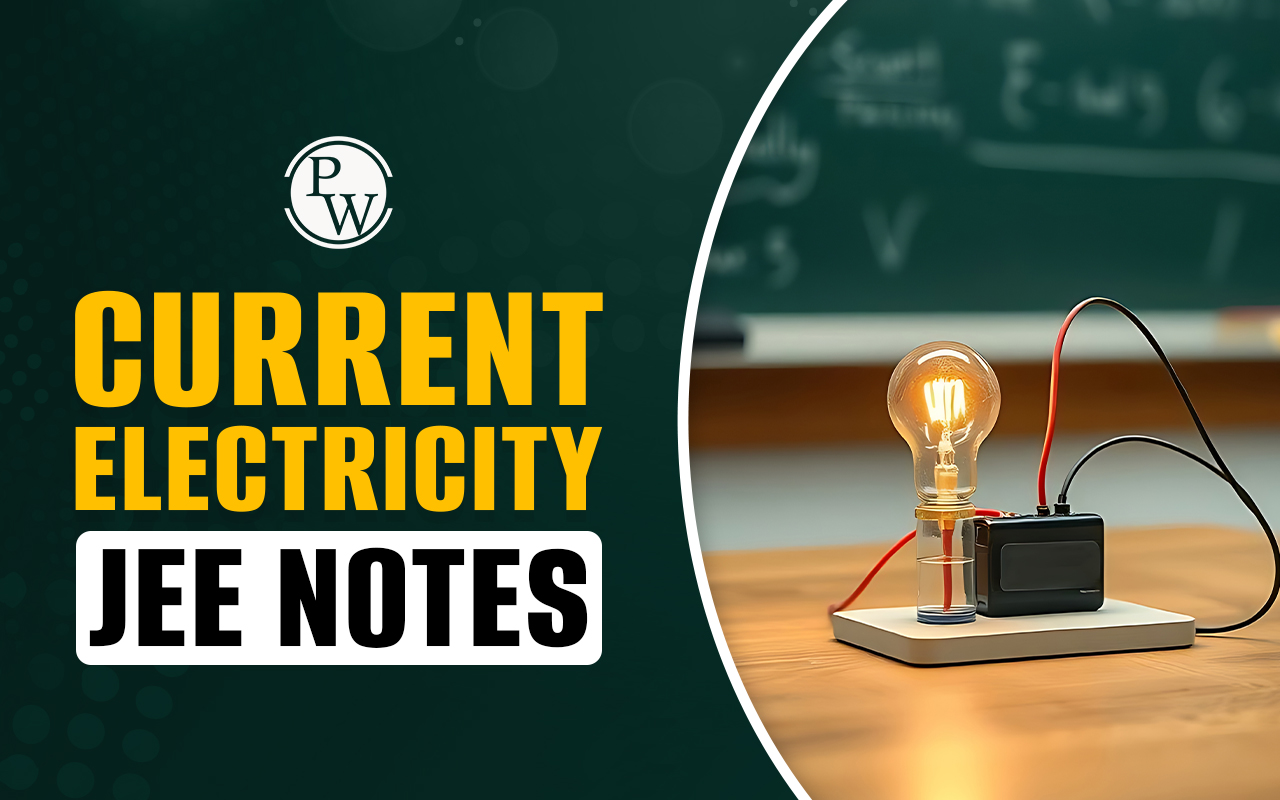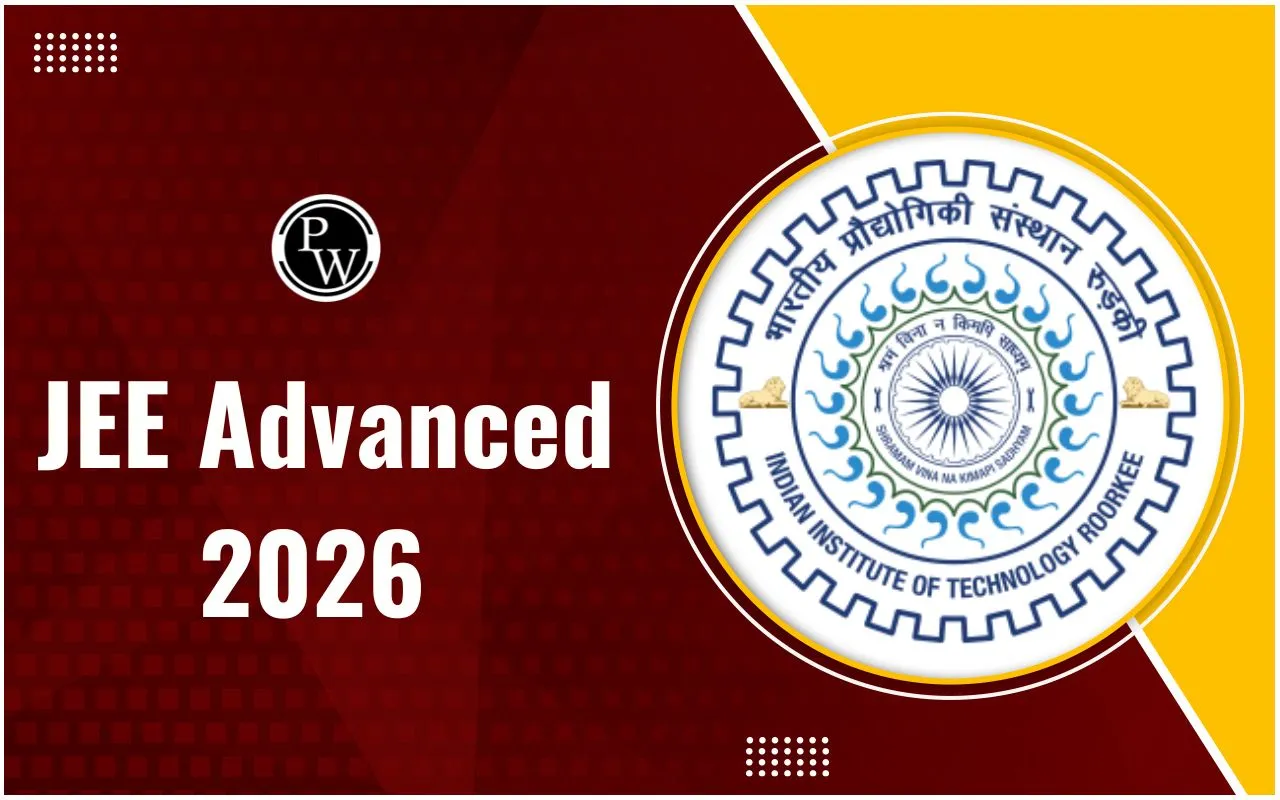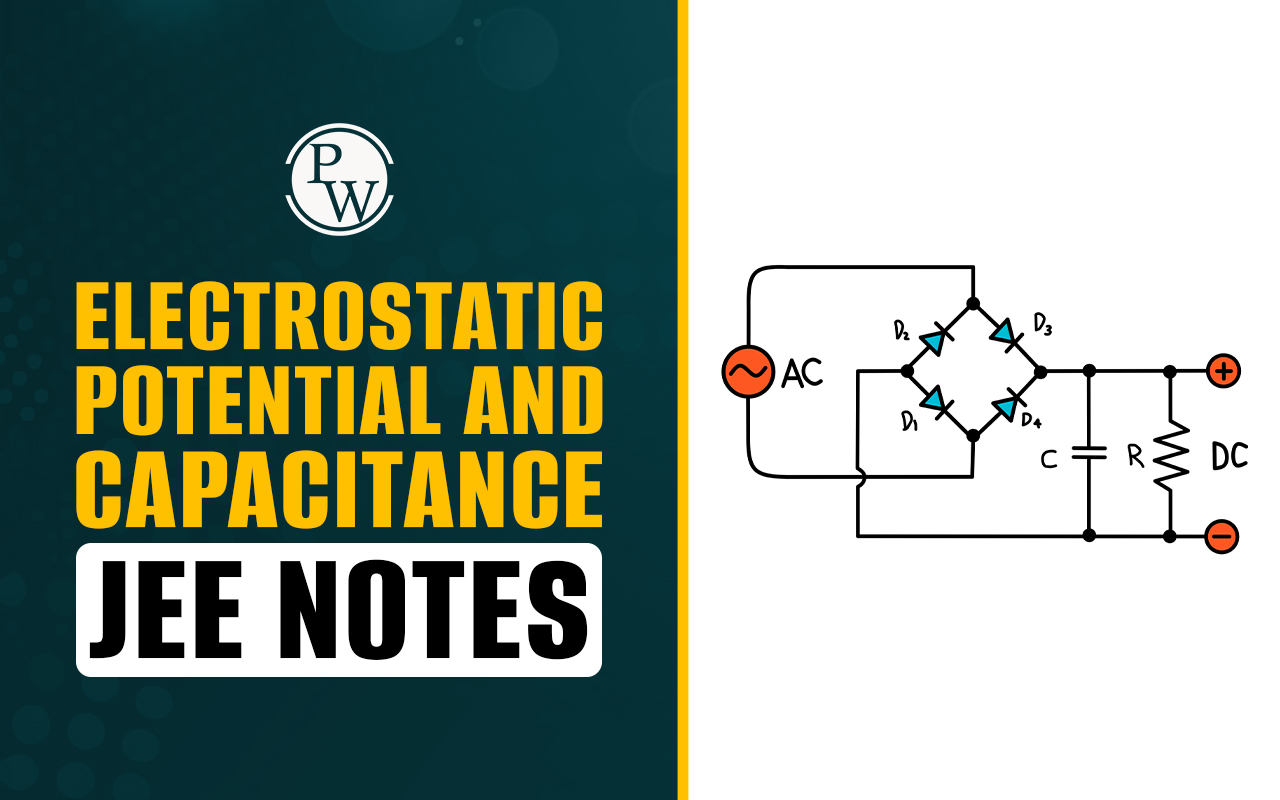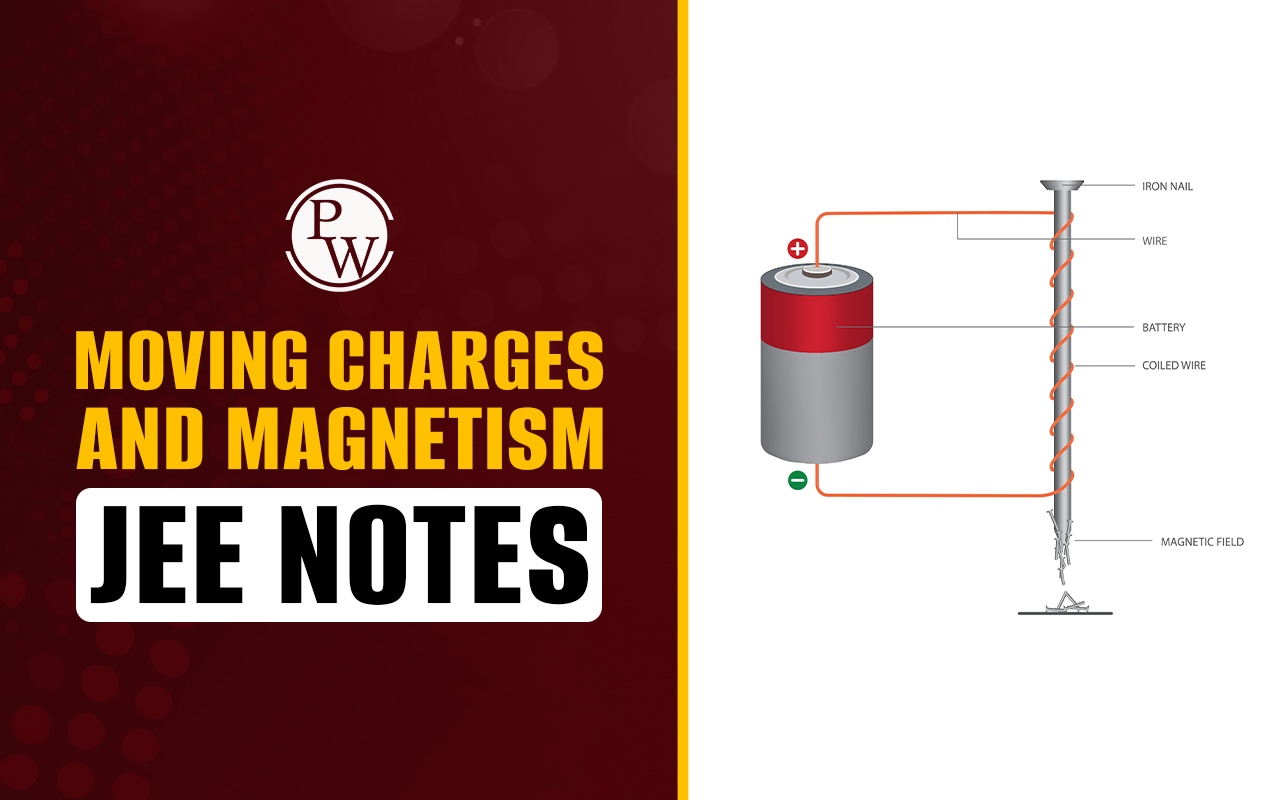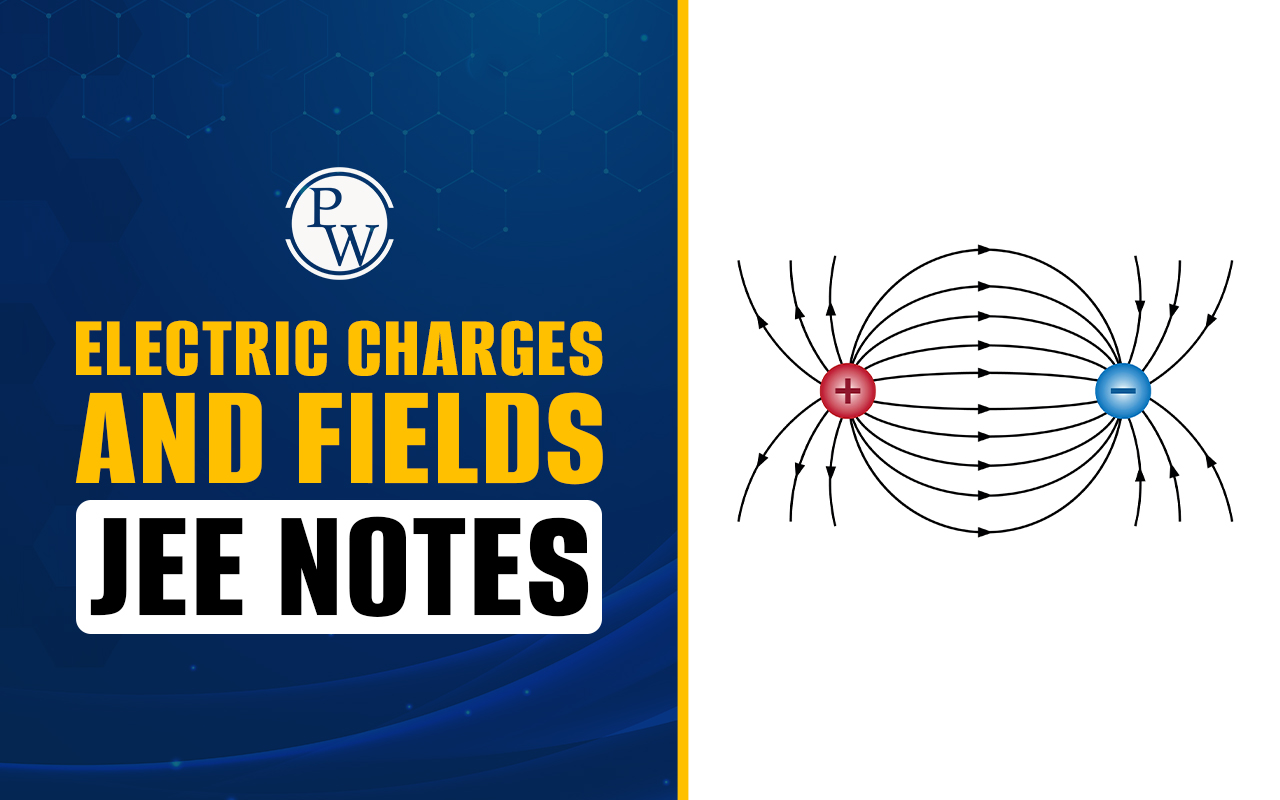

Most Easy and Scoring Chapters for JEE Main 2025 Session 2: Scoring well in JEE Main 2025 Session 2, scheduled from April 1 to 8, needs smart preparation. While the exam covers a vast syllabus, some chapters are easier to understand and can help applicants secure higher marks with less effort. Focusing on the easy and scoring chapters can boost an applicant's overall scores, as such topics have simple concepts, require fewer formulas, and often appear in the exam. Identifying and prioritizing the most easy and scoring chapters for JEE Main 2025 Session 2 can make preparation more effective and fruitful.
Most Easy and Scoring Chapters for JEE Main 2025 Session 2
The JEE Main April Session 2025 exam is going to have questions from Physics, Chemistry, and Mathematics, making it important to focus on chapters that are both easy to understand and high-scoring. Some chapters require less time to prepare but frequently appear in the exam, giving applicants an advantage in securing good marks. In Physics, topics like Rotational Motion, Work, Power and Energy, and Gravitation are considered scoring. Chemistry includes chapters such as States of Matter, Atomic Structure, and Hydrocarbons that involve straightforward concepts. In Mathematics, Sets, Relations, Functions, complex Numbers, and Quadratic Equations are among the easy chapters that can be solved with direct formulas.
Studying these most easy and scoring chapters for JEE Main 2025 Session 2 thoroughly can help applicants improve their overall performance smartly.
Subject-Wise Most Easy and Scoring Chapters for JEE Main April Session 2025
The JEE Main Syllabus 2025 for Session 2 is made up of three main subjects: Physics, Chemistry, and Mathematics. Some chapters in each subject require less effort to understand and offer good marks if prepared well. These topics often involve direct formulas, basic concepts, and predictable question patterns, making them easier to solve within the given exam time. For the applicant's reference, find out the subject-wise most easy and scoring chapters for JEE Main April Session 2025 below:
Most Easy and Scoring Chapters for JEE Main Physics 2025
Physics has a mix of theoretical and numerical-based topics. Some chapters are conceptually simpler and often appear in the exam with straightforward questions. Here are the easy and scoring chapters from JEE Main Physics Syllabus for Session 2:
-
Physics and Measurement: Covers units, dimensions, frequency, and velocity concepts, which form the basics of physics calculations.
-
Work, Energy, and Power: Includes topics like kinetic and potential energy, work done by forces, and energy conservation, which can be solved using direct formulas.
-
Rotational Motion: Focuses on the center of mass, torque, and equations related to linear and rotational movement, which are commonly tested in JEE Main.
-
Properties of Solids and Liquids: This involves concepts like surface tension, thermal expansion, and fluid mechanics that need minimal calculations.
-
Kinetic Theory of Gases: Covers gas laws, the kinetic energy of molecules, and the behavior of ideal gases, making it one of the easiest topics in Physics.
-
Electromagnetic Induction and Alternating Currents: Includes Faraday’s laws, magnetic flux, and AC voltage, which are frequently asked in the exam.
-
Communication Systems: Covers basic wave propagation and modulation techniques, which are mostly theoretical and simple to remember.
-
Experimental Skills: Involves basic laboratory experiments like measuring thickness using a screw gauge, resistance determination, and using a Vernier caliper.
Most Easy and Scoring Chapters in Chemistry for JEE Main 2025 Session 2
The Chemistry syllabus for JEE Main is divided into three sections: Physical Chemistry, Organic Chemistry, and Inorganic Chemistry. Some topics in each section are conceptually simple and frequently asked in the exam. These topics involve direct applications of formulas, basic chemical reactions, and theoretical concepts that require minimal calculations.
Here are the most easy and scoring chapters in Chemistry for JEE Main 2025 Session 2:
-
Some Basic Concepts in Chemistry: Covers the mole concept, empirical and molecular formulas, stoichiometry, and limiting reagents, which involve simple numerical problems.
-
States of Matter: Includes gas laws like Boyle’s Law, Graham’s Law of Diffusion, and the Ideal Gas Equation, which are commonly tested.
-
Atomic Structure: Focuses on the photoelectric effect, Bohr’s model, de Broglie wavelength, and Heisenberg’s uncertainty principle, which are mostly theoretical.
-
Chemical Thermodynamics: Includes concepts like types of processes, laws of thermodynamics, and energy changes, which are formula-based.
-
Redox Reactions and Electrochemistry: Includes oxidation states, balancing redox reactions, and electrochemical methods, which are easy to practice.
-
General Principles and Processes of Isolation of Metals: Covers refining and extraction methods like froth flotation, roasting, and electrolysis.
-
S-Block Elements (Alkali and Alkaline Earth Metals): Includes properties of alkali metals, anomalous behavior of lithium, and compounds like sodium hydroxide.
-
d- and f-Block Elements: Covers screening effect, oxidation states, magnetic properties, and lanthanide contraction, which are mostly theoretical.
-
Coordination Compounds: Includes simple terminologies, oxidation numbers, and coordination numbers, making it an easy topic.
-
Purification and Characterization of Organic Compounds: Includes distillation, chromatography, and qualitative analysis, which are direct factual concepts.
-
Basic Principles of Organic Chemistry: Covers functional groups, IUPAC nomenclature, and reactive species like carbocations and carbanions.
-
Organic Compounds Containing Halogens: Focuses on SN1 and SN2 reactions, physical properties, and reactions with reagents like PCl₅ and SOCl₂.
-
Organic Compounds Containing Oxygen: Includes Grignard reagents, reduction reactions, and oxidation of alcohols.
-
Chemistry in Everyday Life: Covers common topics like antibiotics, preservatives, and analgesics, which are mostly factual.
-
Principles Related to Practical Chemistry: Involves analysis of anions and cations, making it a direct and scoring section.
-
Chemical Bonding and Molecular Structure: Covers Lewis structures, bond parameters, and Fajan’s Rule, which involve basic concepts.
-
Classification of Elements and Periodic Table: Includes trends like atomic radii, ionization enthalpy, and periodic classification, which are theoretical and easy to retain.
Mathematics Easy and Scoring Chapters for JEE Main 2025 Session 2
The JEE Main Mathematics Syllabus 2025 includes topics that range from basic conceptual questions to complex problem-solving. Some chapters, however, involve direct formulas and fundamental concepts, making them easier and more scoring.
These topics help in increasing marks with comparatively less effort. Find out a list of easy and scoring chapters in Mathematics for JEE Main 2025 session 2 here:
-
Sets, Relations, and Functions: Includes subsets, union and intersection properties, cardinal numbers, and domain and range of relations, which are mostly theoretical.
-
Complex Numbers and Quadratic Equations: Covers properties of complex numbers, modulus, conjugate, and Euler form, which are simple once understood.
-
Matrices and Determinants: Includes matrix operations, transpose, and properties of multiplication, which follow fixed rules.
-
Permutations and Combinations: This includes ranking in a dictionary, arrangements, and geometric permutations, which are mostly formula-based.
-
Binomial Theorem and Its Applications: Covers properties, expansions, and general terms, which follow straightforward patterns.
-
Sequences and Series: Focuses on arithmetic progression, sum formulas, and properties, making calculations direct.
-
Limit, Continuity, and Differentiability: Includes algebra of limits, trigonometric limits, and indeterminate forms, which involve standard techniques.
-
Integral Calculus: Covers fundamental integration formulas, integration by parts, and special integral applications, which require direct application of rules.
-
Differential Equations: Includes the formation and solutions of differential equations, linear and homogeneous types, which are systematic in nature.
-
Coordinate Geometry: Includes distance formulas, section formulas, centroids, and incenters, which need simple calculations.
-
Three-Dimensional Geometry: Covers direction cosines, equations of lines, and the shortest distance between lines, which are application-based but easy to understand.
-
Vector Algebra: Includes types of vectors, direction cosines, and vectors joining two points, which are straightforward topics.
-
Statistics and Probability: Covers mean, median, mode, variance, and probability concepts, which involve direct formulas.
-
Trigonometry: Includes measurement of angles, compound angles, and trigonometric identities, which follow standard rules.
-
Mathematical Reasoning: Covers truth tables, tautology, contradiction, and logical statements, which are theoretical and require minimal calculations.
Focusing on the most easy and scoring chapters for JEE Main 2025 Session 2 can help aspirants improve their efficiency and maximize their marks. These chapters not only need comparatively less time for preparation but also make sure of a strong grasp of fundamental concepts. By understanding and practicing these chapters on a daily basis, one can enhance their problem-solving speed and accuracy.
With JEE Main 2025 Session 2 set to be held from April 1 to 8, 2025, strategic preparation with these easy and high-scoring topics can boost overall performance and increase the chances of securing a good rank.
Most Easy And Scoring Chapters For JEE Main FAQs
Q.1. What are the most easy and scoring chapters for JEE Main 2025 Session 2?
Q.2. What are the easy and scoring chapters in Physics for JEE Main 2025 Session 2?
Q.3. Which subject is going to be easy in JEE Main April Session 2025?
Q.4. How to score high marks in JEE Main 2025 Session 2?








